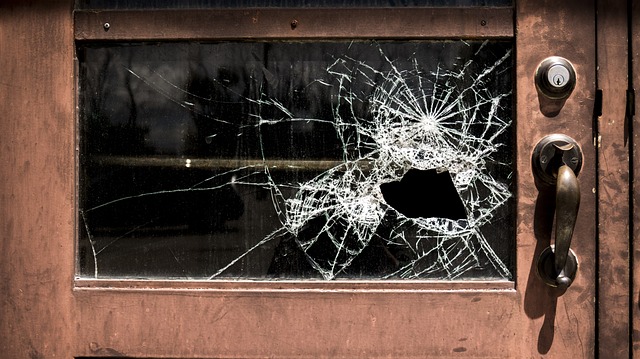Should you be paying business rates on a property in a state of disrepair?
Some properties can fall into disrepair because it is not economically viable to undertake remedial works. This can be where a large, outdated property becomes obsolete due to changes in demand which result in long periods of vacancy while development or demolition options are considered. Often, the Valuation Office Agency (VOA) will adopt the assumption of reasonable repair which means business rates are still payable on these properties. However, this is not always appropriate, and steps can be taken to have the property removed from the Rating List and the business rates liability reduced to £0.
Vickery Holman recently acted for the owner/occupier of a large industrial unit which had been vacant since 2007 due to substantial disrepair, which was not economically viable to remedy yet the property continued to incur rates liability despite being incapable of beneficial occupation. We were of the opinion business rates should not be payable whilst it was not possible to occupy the property. We therefore submitted a ‘Check’ document to the VOA which provided evidence of the extent of the disrepair at the property and the cost of works that would be required to put the property back into a reasonable state of ‘repair’ to be capable of beneficial occupation. This highlighted that the costs of works were uneconomic in relation to the rental value that would be realised were the property to be put into repair, with the payback period not reflecting a sufficient return on investment, thus rendering it economically unviable.
Business Rates and Vacant Properties
The outcome of our submission was the successful removal of the property from the Rating List, resulting in a business rates rebate and an overall saving of circa £18,500 for our client.
Similarly, where a property is undergoing redevelopment or refurbishment works, it may be impossible to occupy the property and business rates should therefore not be payable during this period. We recently acted for a client whose office building was being redeveloped internally; the extent of the works rendered the property incapable of beneficial occupation due to a lack of services, substantial reconfiguration of internal walls and an absence of floorboarding across multiple parts of the property. The commencement of works had also been delayed due to restrictions imposed as a result of the COVID-19 pandemic, limitations in sourcing materials and a reduced workforce able to carry out the works. We were of the opinion our client should not be paying business rates whilst unable to occupy the property and we successfully applied to have the property removed from the Rating List, reducing their liability to £0 and ensuring they were not paying rates unnecessarily. The outcome was the successful removal of the property from the Rating List over this period from the commencement of works, resulting in a business rates rebate and an overall saving of circa £23,500 for our client





